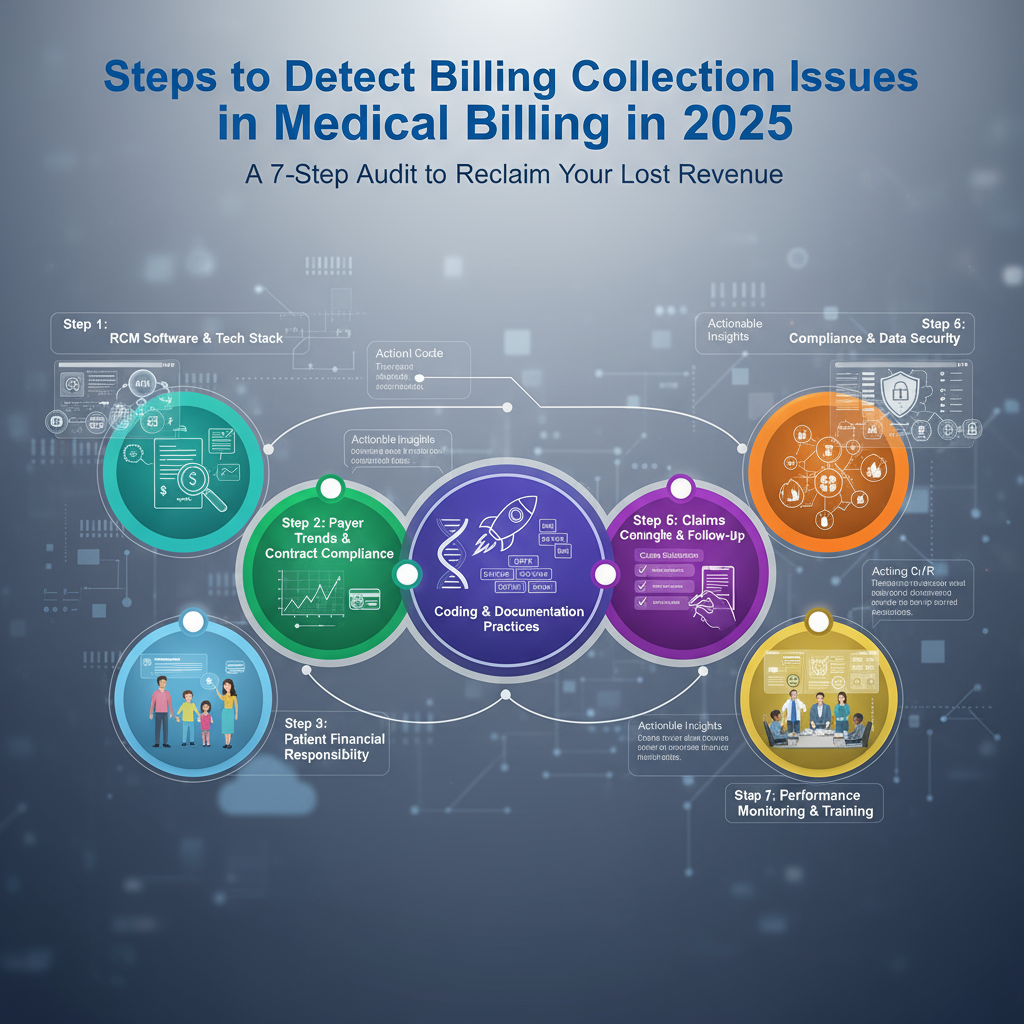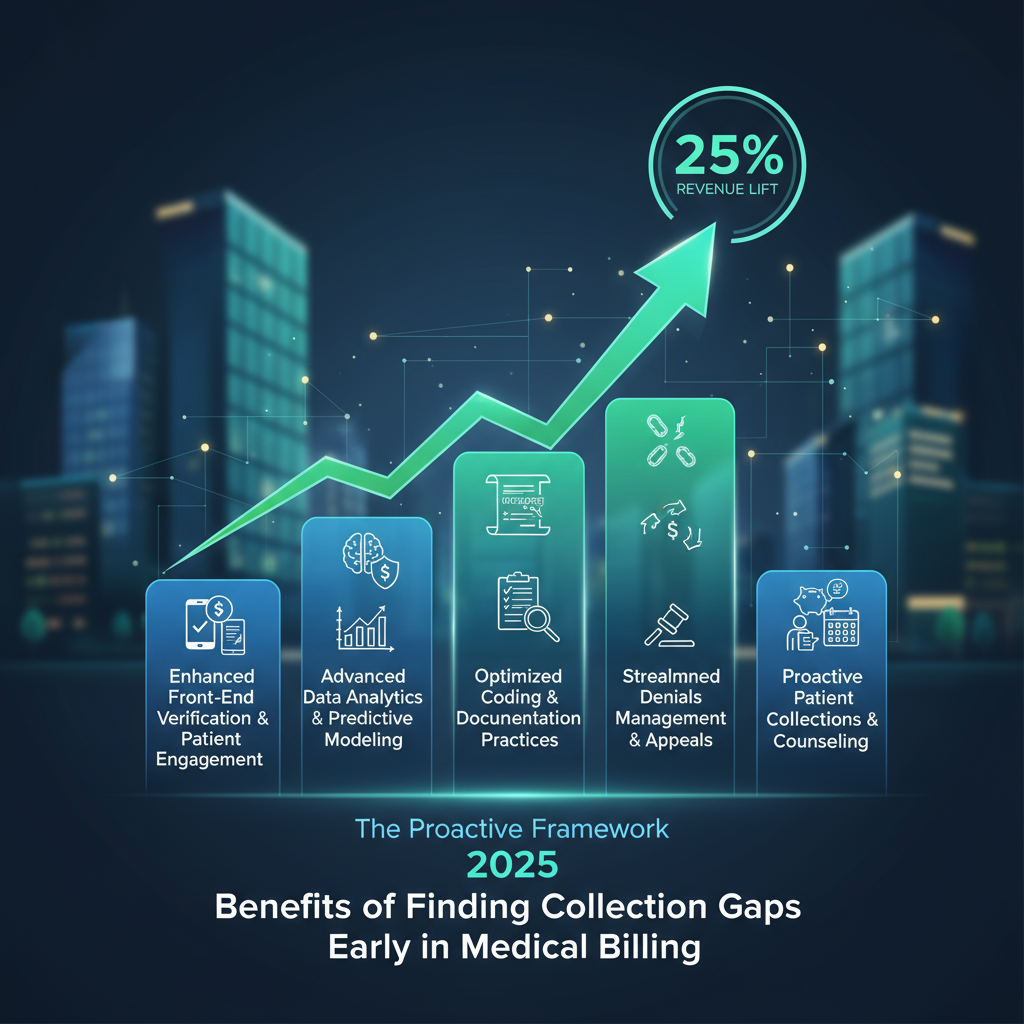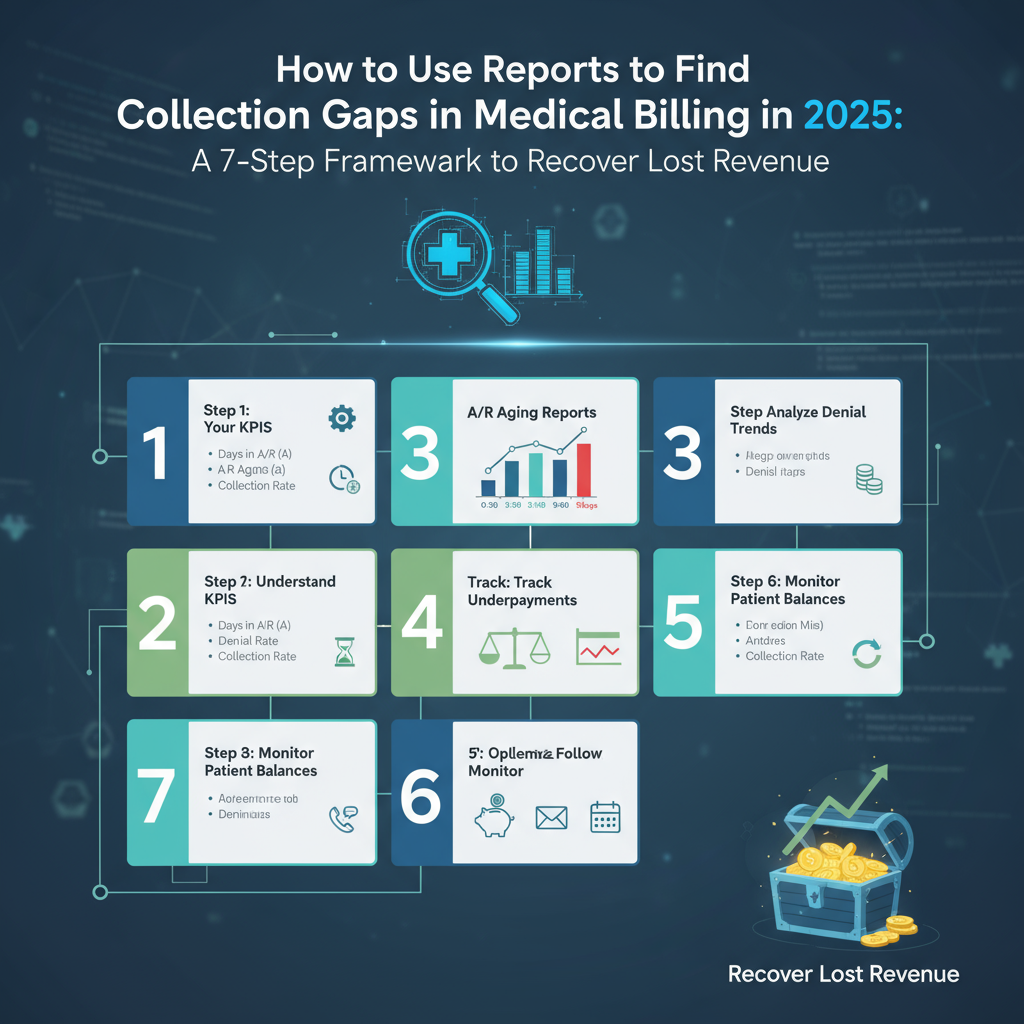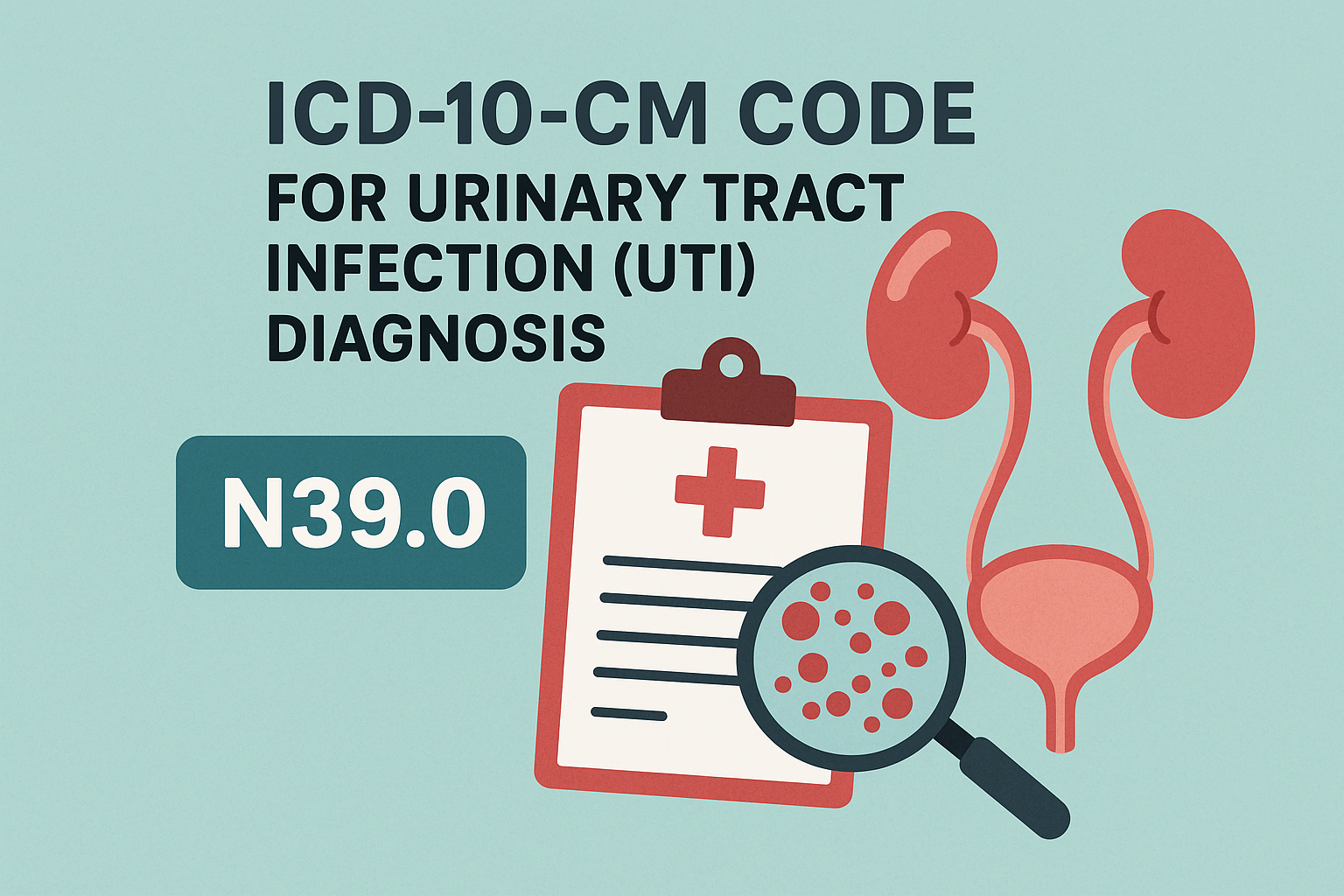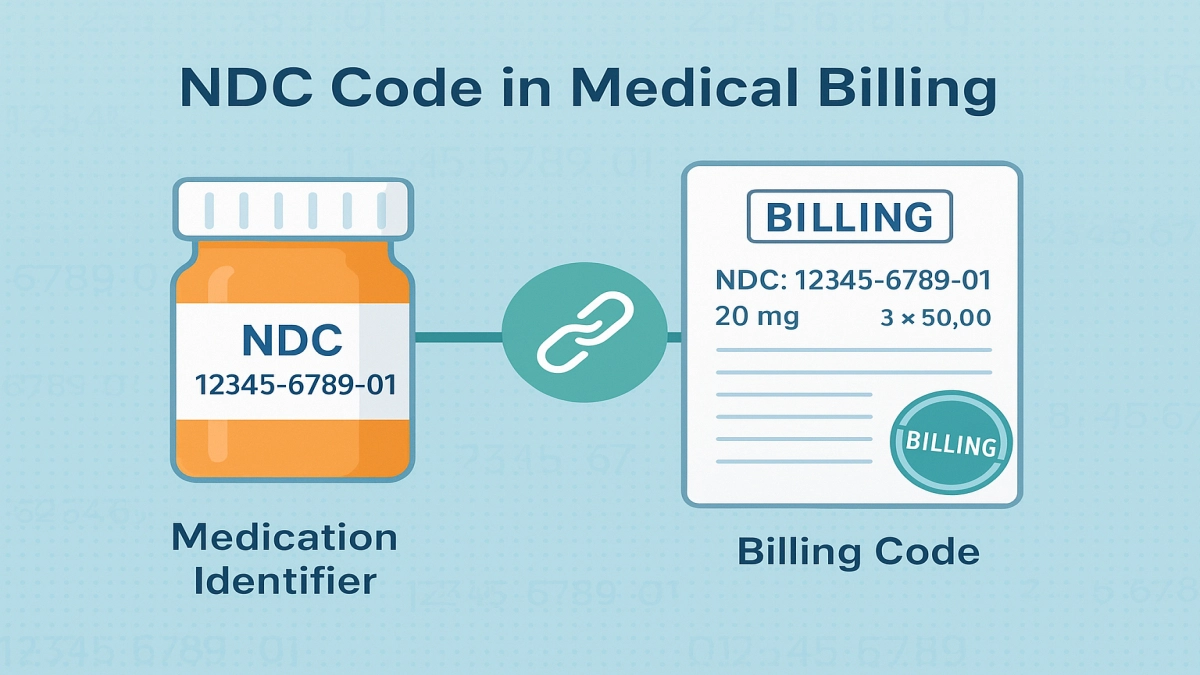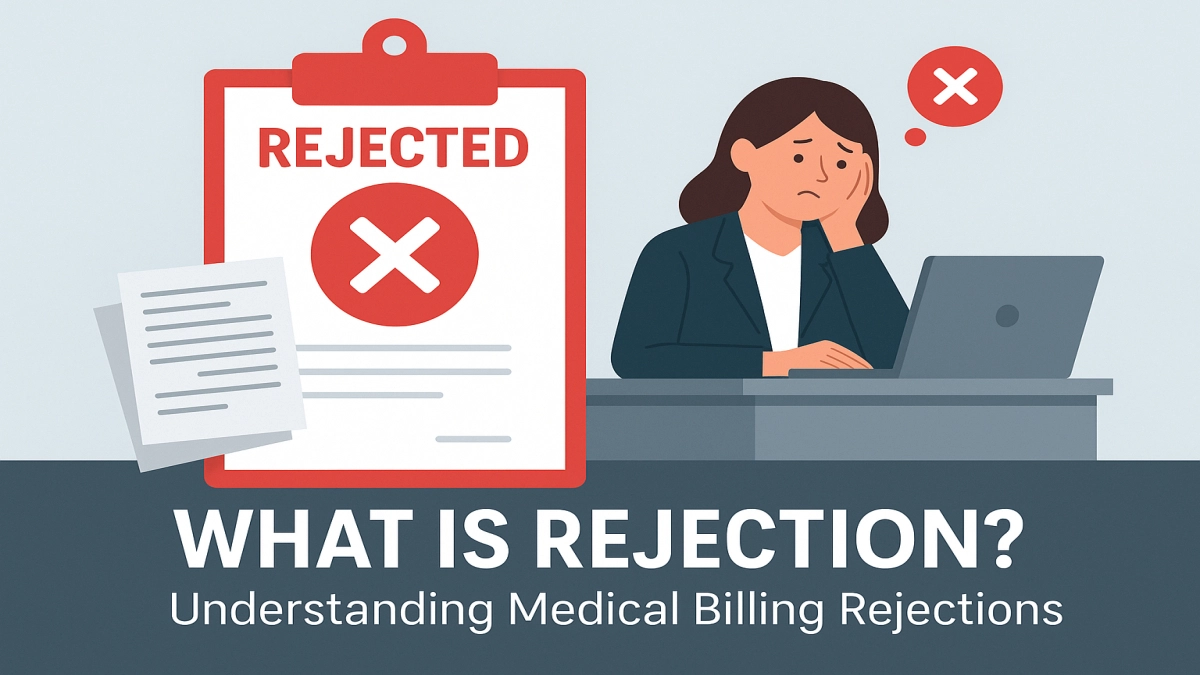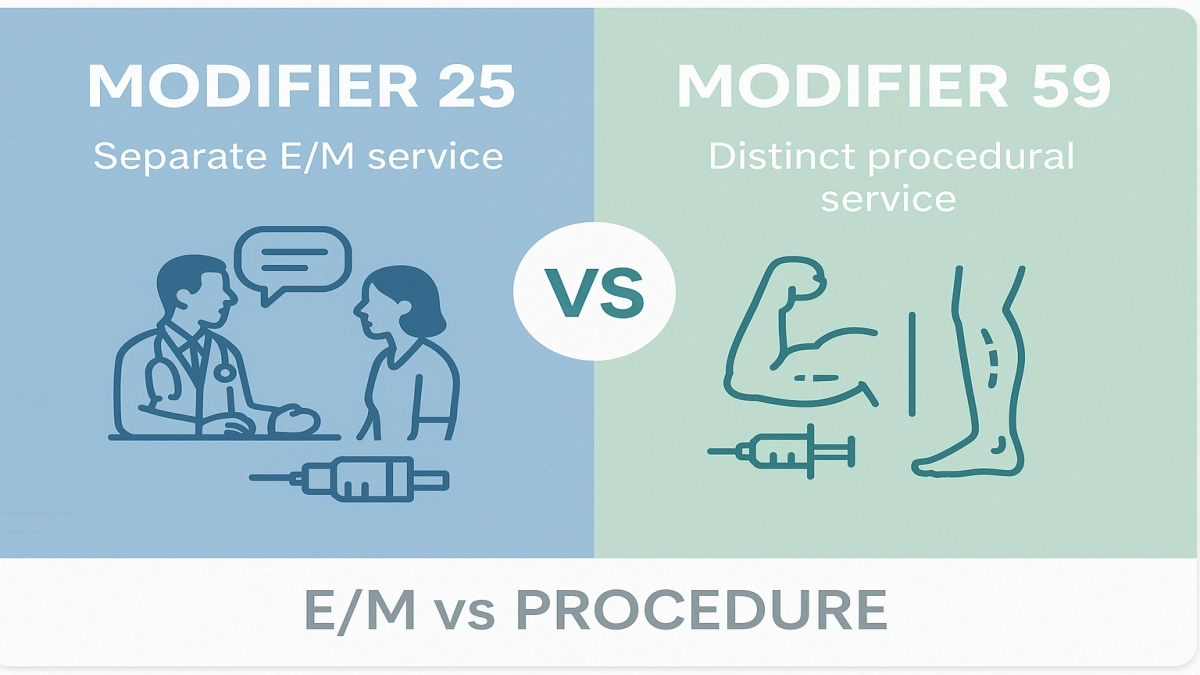Steps to Detect Billing Collection Issues in Medical Billing in 2025: A 7-Step Audit to Reclaim Your Lost Revenue
To detect billing collection issues in medical billing, you must systematically track and analyze your financial data. The core steps involve: 1) Calculating and monitoring your Key Performance Indicators (KPIs) like Net Collection Rate and Days in A/R, 2) Performing a deep-dive denial analysis to find root causes, 3) Auditing front-end processes for patient eligibility … Read more
